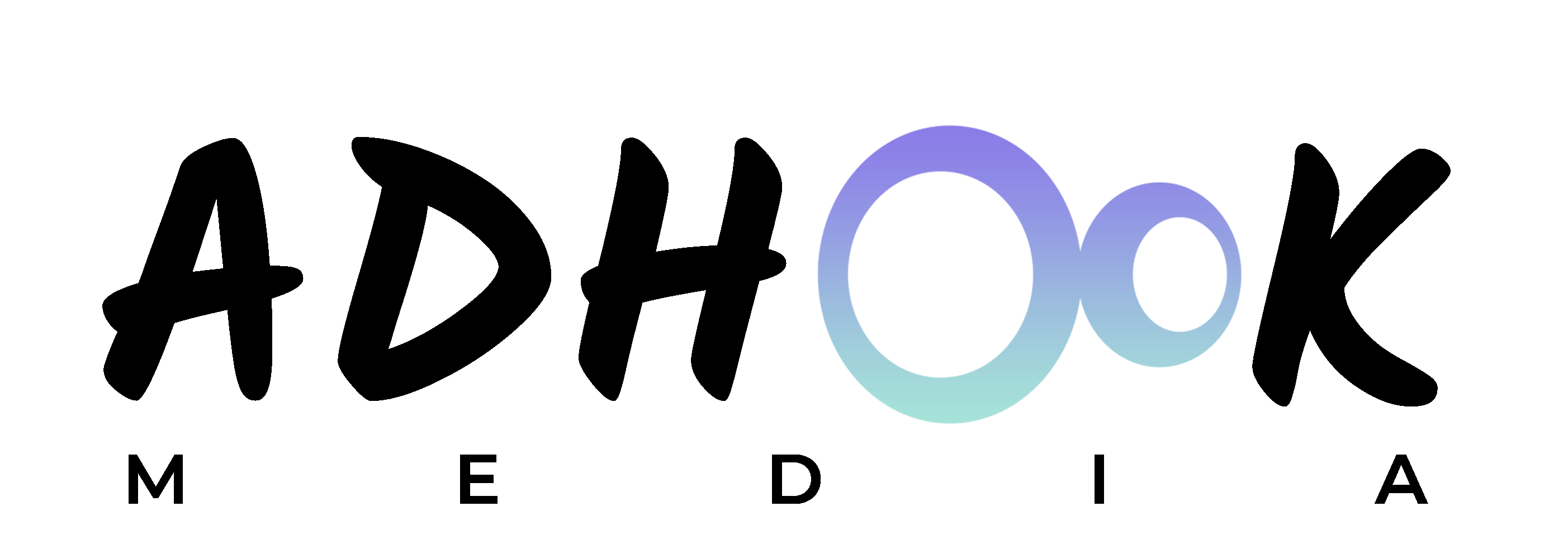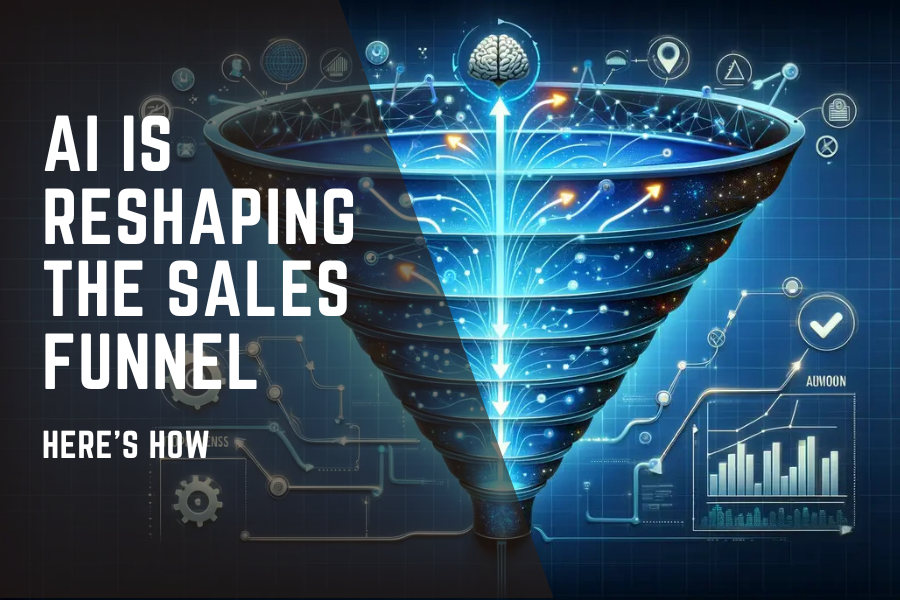The sales funnel has consistently been at the center of business growth. Each stage, from capturing attention to closing a sale is crucial. However, customer expectations are changing constantly and competition is fiercer than ever, which means companies cannot afford to depend on old methods. Artificial Intelligence has arrived, and is no longer some over-hyped, scary, term – it is a common strategy that has transformed business processes. AI is changing the funnel down from top to bottom. It is not simply getting faster, it is changing how companies think about the funnel.
Let’s examine each step to understand how AI is subtly but significantly altering the sales process and funnel.
1. Smarter Lead Generation
Previously, finding the proper clients involved general targeting and guessing. AI has made things much clearer.
In seconds, artificial intelligence (AI) can comb through vast amounts of data, including social media activity, website visits, and search activity, to identify potential customers. Businesses will have a sharper hamster wheel point. Instead of wasting marketing dollars distributing ads to a broad audience, AI customers will quickly hone in on customers having a more relevant use case.
Consider predictive analytics. It identifies customer behavior patterns and highlights which prospects are more likely to convert. Now combine that with AI supercharged ad targeting on Google or Facebook and not only can you get ads in front of the right prospects, but you can also do it at the exact moment they are searching for your product or service.
Additionally, AI chatbots are now available. These aren’t the pop-up greetings once where–they can ask questions, provide assistance, and collect lead data – all 24/7, while you sleep.
2. A Tailored Customer Journey
A ‘one size fits all’ strategy is a certain way to be disregarded in the modern world.
AI writing technology can help facilitate experiences customized for each visitor. It can make the experience relevant to every touchpoint, for instance by suggesting a product based on the user’s previous purchases or surfacing material that matches their interests and preferences.
Let’s say someone adds a pair of shoes to their cart and does not checkout. Now, AI can send a reminder email and even a small discount as an incentive attachment. These incremental, personal touchpoints help create connections and build the likelihood of conversion.
3. Conversions as Simple and Effortless
Once someone decides to buy, there should be no friction left. AI removes friction from these last steps.
You can use predictive pricing tools to recommend prices that meet client expectations and drive profits.
You can use AI to provide chat support and address last-minute questions or checkout issues.
AI can make product recommendations based on what a user has already added to their cart. It provides a simple method of upselling or cross-selling without appearing aggressive.
Every little advantage adds up, leading to an easier “yes” for people.
4. Customer Segmentation That Grows With You
Not all leads are equally good. Some love a discount, and some love luxury. Some buy frequently, others buy once a year. AI categorizes the diverse data it gathers about every customer–including their clicks, browsing patterns, past purchases, and even how quickly they scroll–into sensible and useful groups.
Instead of bombarding all customers with the same message, they can now have a message for each segment.
An e-commerce company may segment its customers like this:
- Repeat purchasers who want some loyalty benefits.
- Customers only come to purchase discounts when available.
- One-time purchasers who need a little urging to purchase again.
The best part is that these segments do not remain stagnant; AI continues to segment customers systematically as their behavior changes. Marketing is less like shouting into the abyss with the hope of connecting with someone and more like a substantive discussion with someone who matters!
5. Nurturing Leads Without Hassling
Once someone shows interest, the middle of the funnel kicks in. If you don’t handle these leads appropriately, this is where many of your leads go cold. AI can help keep the dialogue going without bombarding anyone with emails.
Lead scoring helps your sales team identify leads worth pursuing.
AI then suggests what kind of content to send based on your lead’s previous interactions—maybe a blog, video, or product guide.
Timely follow-ups are scheduled automatically and sent at appropriate intervals without sounding robotic. Everyone appreciates a nudge or a gentle reminder from time to time.
It is less about hard-selling and more about nurturing them until they decide.
Conclusion
AI is more than a tool, it is becoming the foundation of a smarter, more efficient sales funnel. AI saves businesses time, helps them make better decisions, and facilitates connections with people. From the first click to the final purchase (and after), businesses are no longer guessing, comparing, and deciding; instead, they have data-backed insights, automated processes, and personalized touches at every stage.
Overall, more conversions, better leads, and consumers that feel heard! We will develop along with AI, and that’s great!

